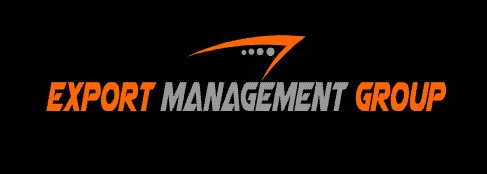Date
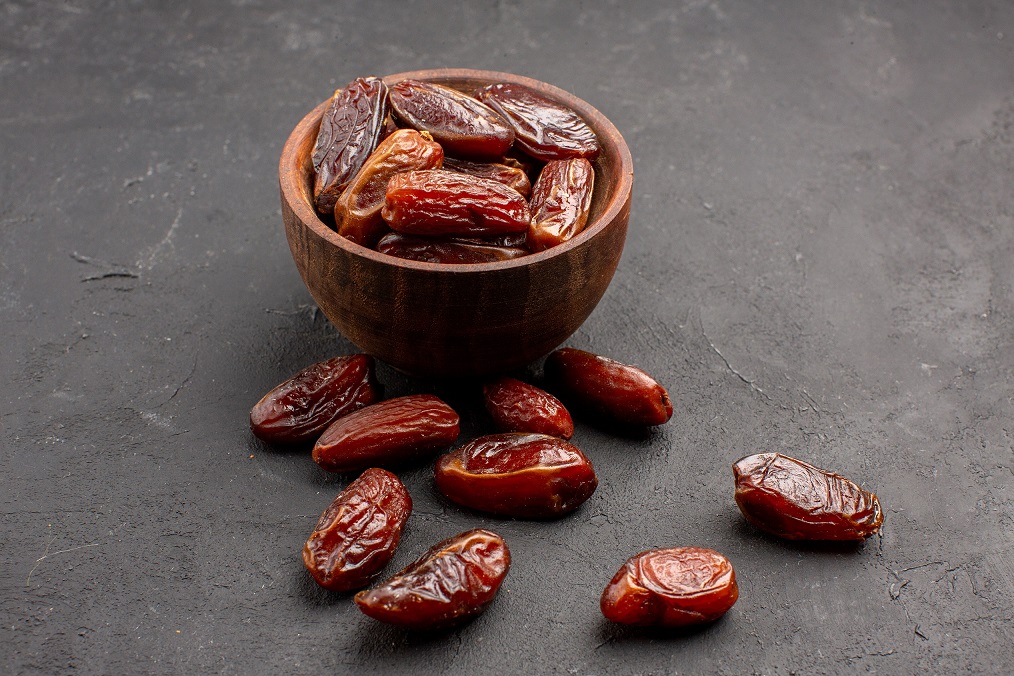
Categories of Iranian Dates That we can Provide
1. Mazafati Dates
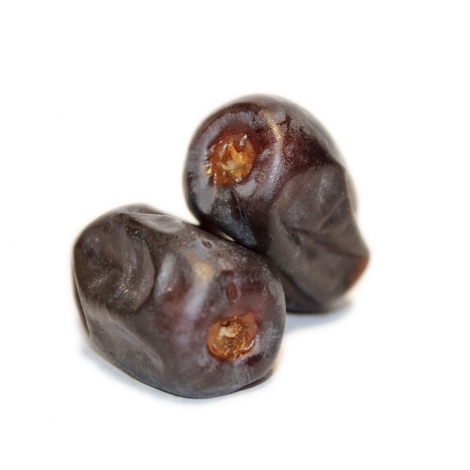
Mazafati dates, also known as Bam dates, are among the most popular Iranian dates. They are soft, dark brown to black in color, and have a rich, caramel-like sweetness. These dates are primarily cultivated in Bam, Kerman province, and require refrigerated storage due to their high moisture content.
2. Piarom Dates
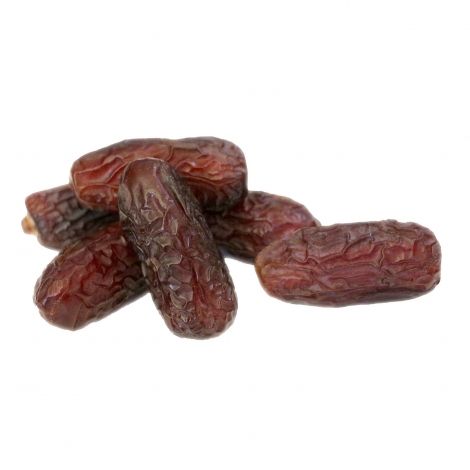
Piarom dates, often called “chocolate dates,” are semi-dry and have a unique, mildly sweet taste with a thin skin. They are rich in fiber and natural sugars, making them a preferred choice for health-conscious consumers. Grown mainly in Hormozgan province, these dates are considered one of the most luxurious
4. Kabkab Dates
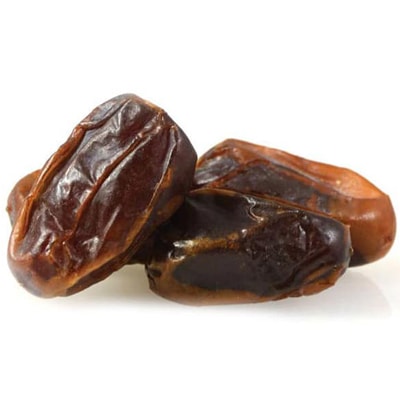
Kabkab dates are large, soft, and have a rich, syrupy taste. These dates are widely used for direct consumption and in food processing. They are mainly grown in Fars and Bushehr provinces and require careful handling to maintain quality.
5. Zahedi Dates
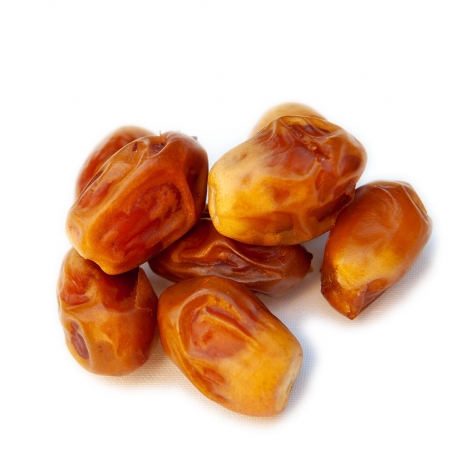
Zahedi dates are dry and have a golden-yellow to light brown color with a firm texture. These dates are highly popular for their long shelf life and are mainly used in cooking and confectionery industries. Grown in Fars, Bushehr, and Kerman provinces, Zahedi dates are among the most commercially viable varieties.
Export and Trade Considerations
Iran exports dates to over 70 countries, with major buyers including India, Turkey, Russia, the UAE, and European nations. Due to their superior quality, Iranian dates are widely used in the confectionery, bakery, and food processing industries worldwide. The demand for organic and naturally processed dates has also been rising, further boosting Iran’s export potential.
Wholesalers and exporters of Iranian dates must consider various factors to ensure successful international trade, including:
Quality Standards: Compliance with international food safety and hygiene regulations.
Packaging: Proper packaging to maintain freshness and extend shelf life.
Logistics & Storage: Temperature-controlled transportation and storage for soft and semi-dry dates.
Market Preferences: Understanding regional demand and taste preferences to cater to different markets effectively.


